Auburn partners with land trust on workforce home
Homes built for working people don’t have to be shoddy to be affordable, and can save money in the long run as they build generational wealth.
That’s the message being sent by Auburn University’s Rural Studio and Front Porch Initiative, which is partnering with the Franklin County Community Development and Land Trust Corporation to design and construct a two-bedroom, two-bath 1,024 square foot home at 507 Seventh Street in Carrabelle.
Auburn Research Professors Betsy Farrell Garcia and Mackenzie Staggs, and researcher Christian Ayala, paid a visit to the site in January, to see the progress of their design for hurricane strong, highly energy efficient and low maintenance workforce housing for Franklin County.
Garcia offered a tour of the site, and pointed out the many adaptations that have worked to make this “Sylvia’s House” a success, so named because the origin of its design began with a woman in rural West Alabama.
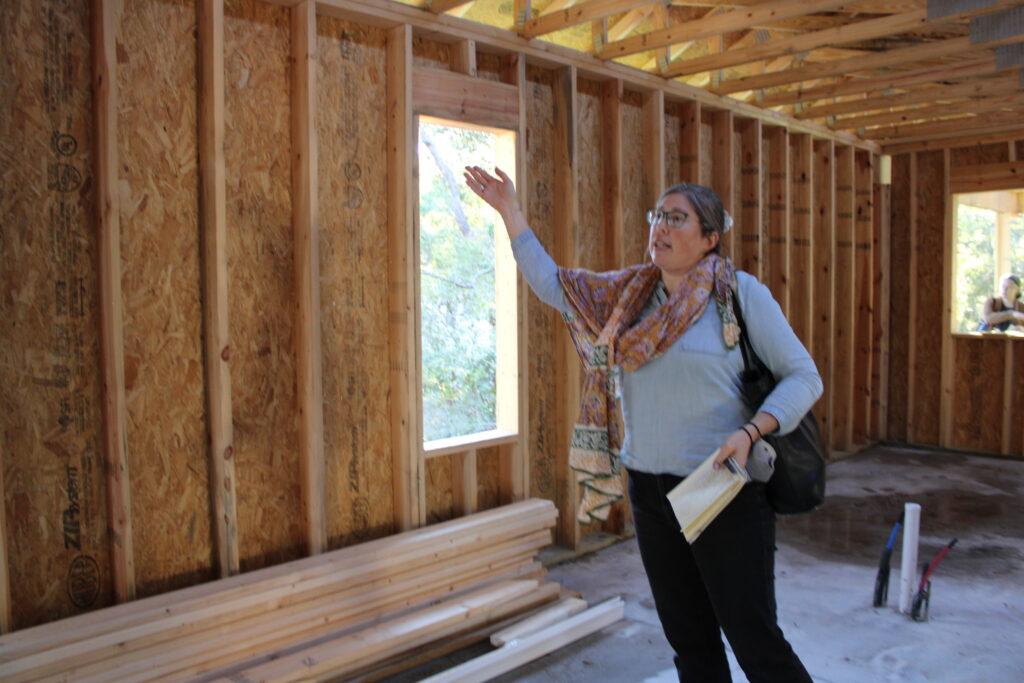
“Because the size of the house is so small, we can’t use a conventional air conditioning system because most systems start at one-and-a-half ton, and we need a three-quarter ton system,” she said. “This is a lot more efficient because instead of circulating conditioned air around the house it conditions the air in the space.”
While the house itself will cost upwards of $200,000 to complete, the long-term costs will work in the homeowner’s favor, as stressed by Staggs, who has been a project manager for the Front Porch Initiative since 2018.
“We’re really interested in increasing the inventory of homes we consider to be high performance, that are energy-efficient and both resilient and durable over time,” she said. “Homes that are healthful to the occupants and builders and homes that are assets over the lifespan of the home. Initial costs are important, and so are life cycle costs.”
Cliff Butler, chair of the Franklin County Community Development and Land Trust Corporation, said the builders, Meeks Construction out of Tallahassee, were finishing up the roof and siding last week as they prepared to work on the inside.
The lot being built on was donated to the land trust several years ago by the city of Carrabelle, and was prepared for construction with the removal of some hazardous, defective trees.
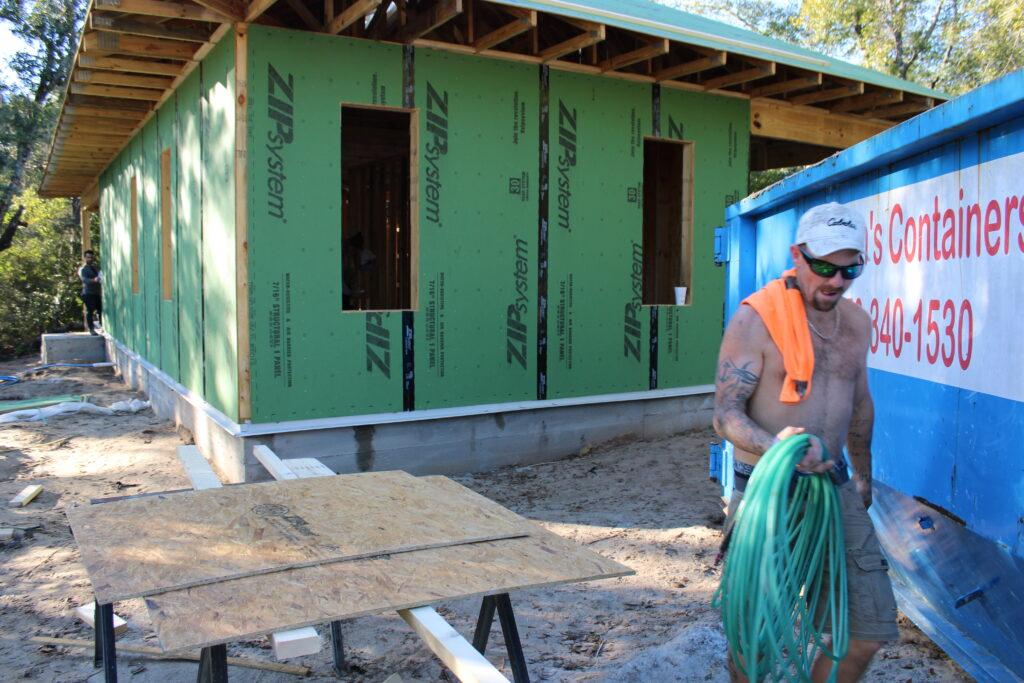
The land trust hasn’t begun taking applications, as they are working on the best way to get the word out that they are constructing a top-quality, workforce housing unit.
“We’re hoping to sell it to someone who qualifies for the Hometown Heroes program that the state announced last year,” he said.
The program targets eligible frontline community workers such as law enforcement officers, firefighters, educators, healthcare professionals, childcare employees, and active military or veterans.
In addition to the potential benefits of the Hometown Heroes program, the home’s affordability is maintained because in the land trust model, the value of the land is separated from the value of the house. The improvements on the land, which of course include the house, may be purchased and sold while the land trust maintains ownership of the land. Since the sales price of the home does not include the value of the land, homebuyers have a lower – and therefore more affordable – mortgage payment coupled with a nominal ground lease payment.
“Right now our main focus is getting this first house built,” Butler said. “It’s kind of like a pilot project.”
With building costs having gone up and interest rates rising, Butler said the targeted buyer may be someone who earns up to 110 to 130 percent of area median income, which in the county most recently was about $52,600.
“The way interest rates are going we may have to go a little higher,” he said. “We’re trying to help people who cannot buy a house on the open market but who could buy a moderate price house with a little assistance.
“Housing is so scarce here we may have people who make more than our target market trying to apply,” Butler said.
He said the land trust is also working on interesting developers in building rental units, but so far have had no luck.
“We’re trying to find a way to interest somebody in coming into the county and building apartments,” Butler said. “What we’re finding is that if it were profitable for someone to build apartments in the city they would be doing it.
“We all know we need it (affordable workforce housing) but no one wants to give anything to make it work,” he said.
Butler said the land trust hopes to have the Carrabelle house completed by early to late summer.
For further information on the work of the land trust, to the Carrabelle house in particular, contact Clif Butler at cliff.butler@mchsi.com or text him at 850-653-5848

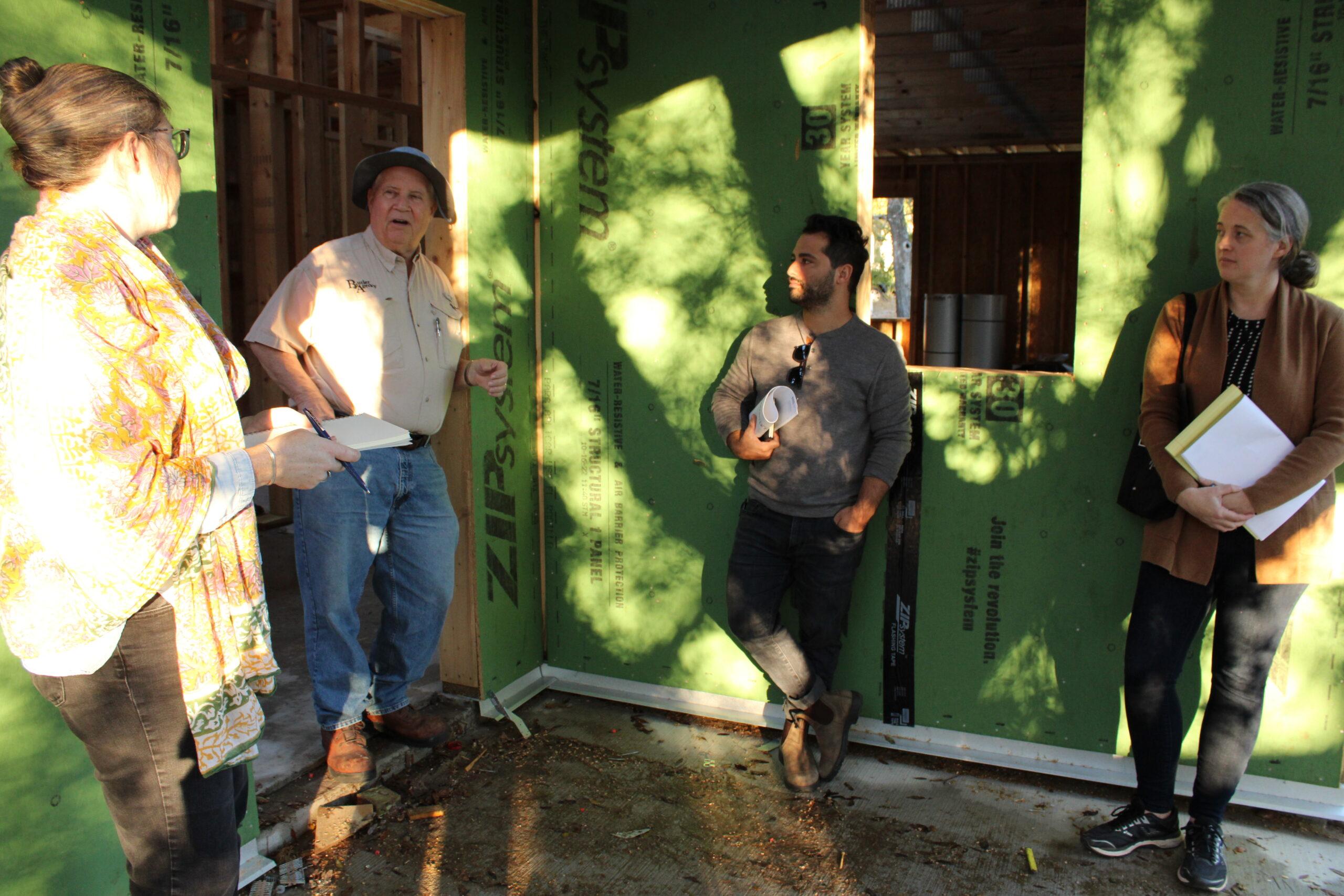

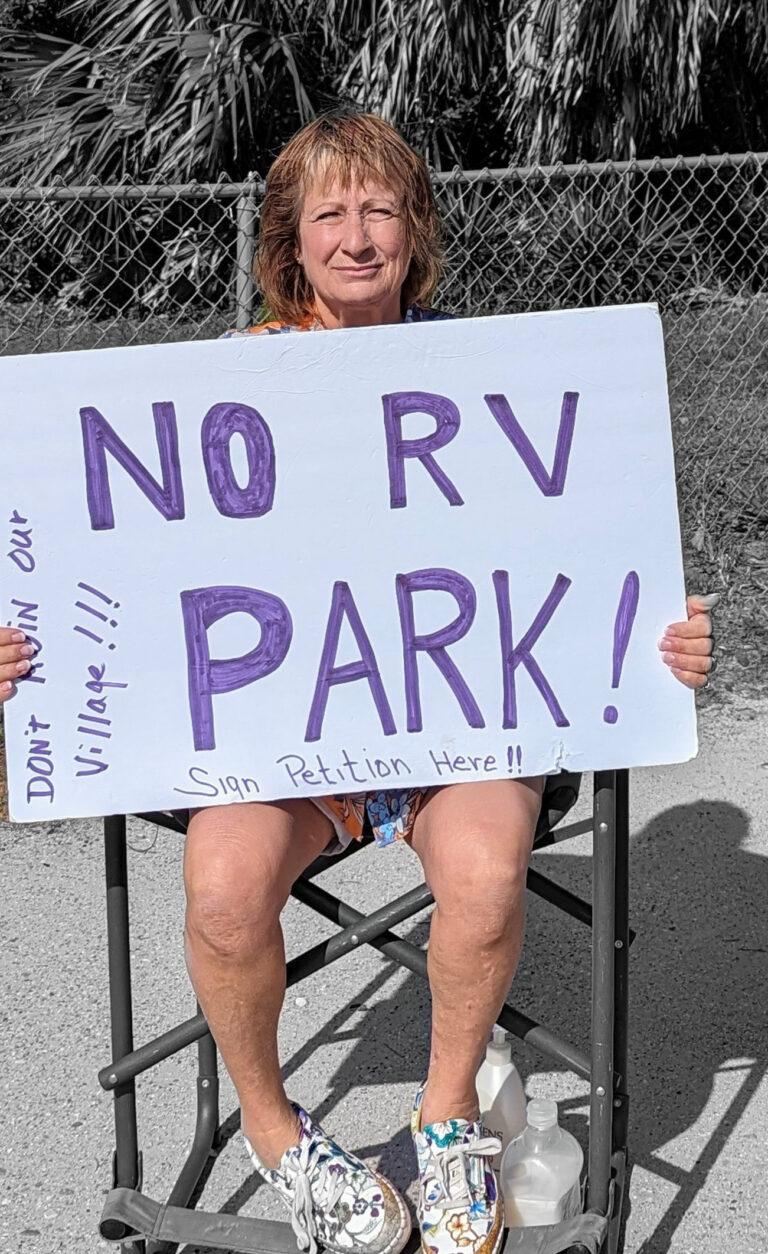


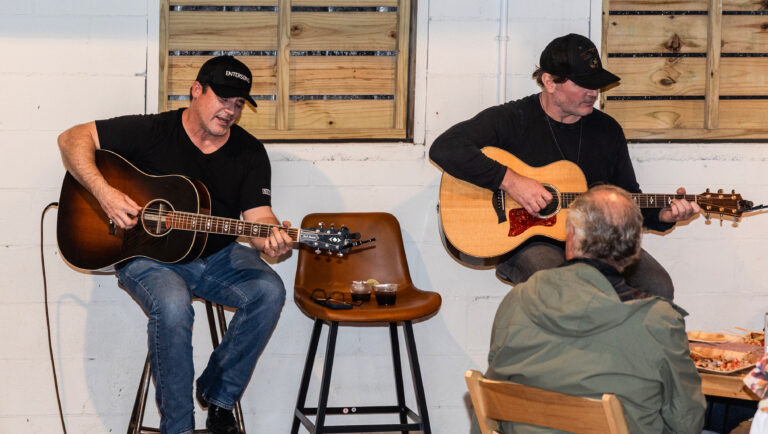
Meet the Editor
David Adlerstein, The Apalachicola Times’ digital editor, started with the news outlet in January 2002 as a reporter.
Prior to then, David Adlerstein began as a newspaperman with a small Boston weekly, after graduating magna cum laude from Brandeis University in Waltham, Massachusetts. He later edited the weekly Bellville Times, and as business reporter for the daily Marion Star, both not far from his hometown of Columbus, Ohio.
In 1995, he moved to South Florida, and worked as a business reporter and editor of Medical Business newspaper. In Jan. 2002, he began with the Apalachicola Times, first as reporter and later as editor, and in Oct. 2020, also began editing the Port St. Joe Star.